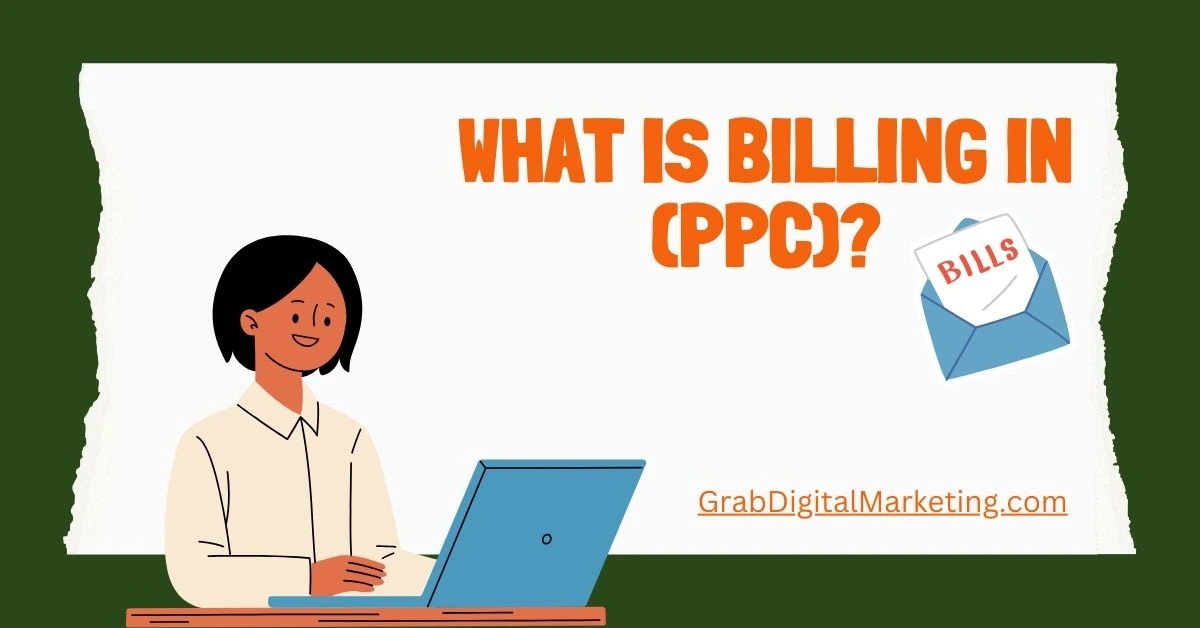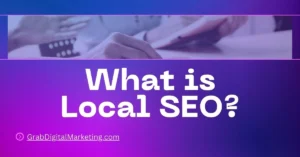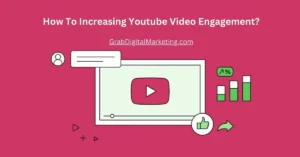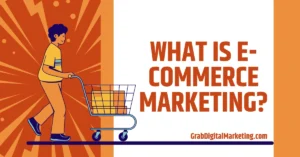Pay-per-click (PPC) billing is a fundamental concept in the world of online advertising, and understanding it is crucial for businesses, advertisers, and marketers who rely on this model to drive traffic, conversions, and revenue. Let me give you an in-depth overview of PPC billing, delving into its structure, processes, benefits, challenges, and various strategies associated with this advertising model.
Table of Contents
What is Billing? PPC

Billing refers to the process of invoicing customers for goods or services rendered. It involves tracking transactions, calculating charges, generating invoices, and managing payments. Efficient billing ensures accurate financial records and smooth cash flow for businesses.
Billing refers to the process of invoicing customers for goods or services rendered. It involves tracking transactions, calculating charges, generating invoices, and managing payments. Efficient billing ensures accurate financial records and smooth cash flow for businesses.
PPC (Pay-Per-Click) is an online advertising model where advertisers pay a fee each time their ad is clicked. It’s commonly used in search engines like Google Ads, social media platforms, and display networks. Businesses bid on keywords relevant to their products or services, and ads appear in sponsored listings. PPC allows for targeted marketing, enabling advertisers to reach potential customers actively searching for related offerings. Key metrics in PPC include CTR (Click-Through Rate), CPC (Cost Per Click), and conversion rate. This model is highly effective for driving immediate traffic and generating leads but requires strategic keyword selection and budget management for optimal results.
Components of PPC Billing
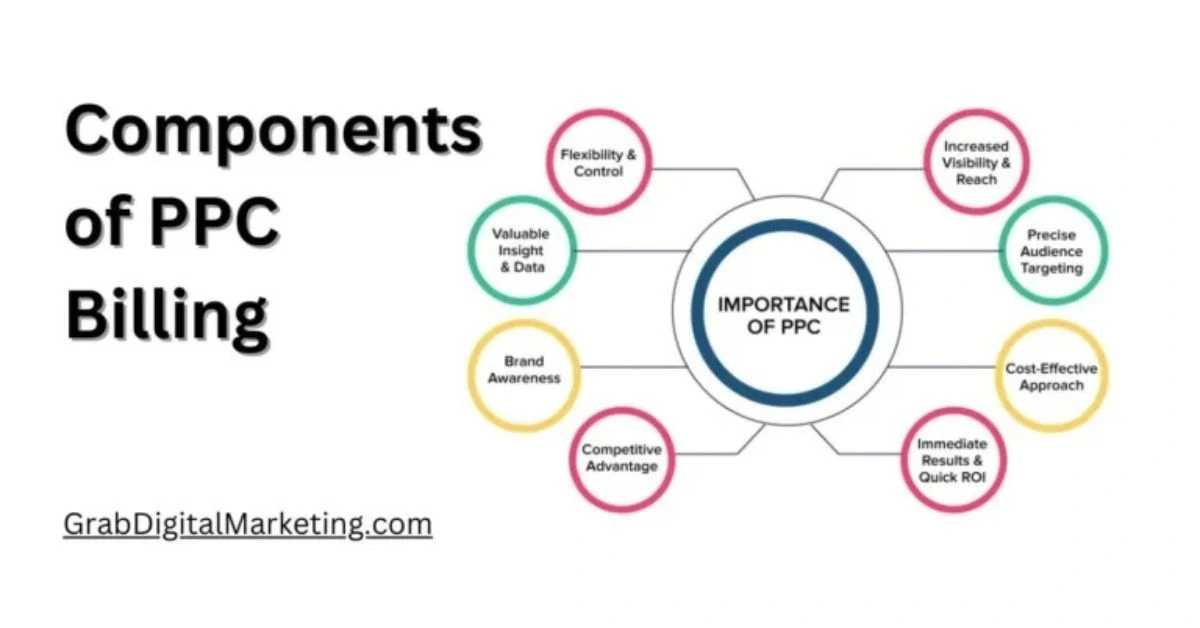
- Keywords and Targeting:
- The core of PPC advertising is keyword targeting. Advertisers bid on specific keywords that users might search for, such as “best running shoes” or “cheap hotels in Mumbai.”
- Keywords are categorized into broad match, phrase match, and exact match, allowing for varying levels of precision.
- Bidding:
- Advertisers set a maximum bid, which is the most they are willing to pay for a click on their ad.
- Auction-based systems determine ad placement and cost-per-click (CPC). Higher bids and more relevant ads often get better placements.
- Ad Quality Score:
- Platforms like Google Ads use a Quality Score metric to assess the relevance and effectiveness of an ad. This affects the cost and visibility of the ad.
- Quality Score is influenced by click-through rates (CTR), keyword relevance, and the quality of the landing page.
- Conversion Tracking:
- Billing in PPC isn’t solely about clicks; it’s about ensuring those clicks lead to meaningful actions, like purchases or sign-ups.
- Conversion tracking helps measure the return on investment (ROI) from PPC campaigns.
- Billing Cycle:
- Advertisers are billed based on the number of clicks during a specific billing cycle. Depending on the platform, this could be daily, weekly, or monthly.
Advantages of PPC Billing
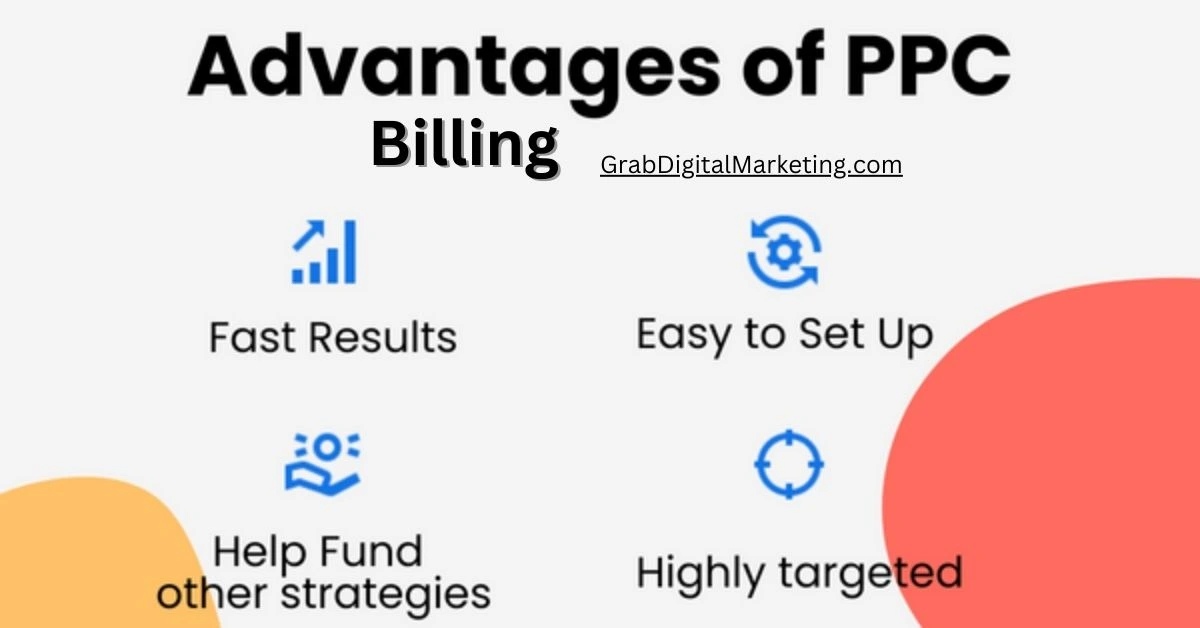
- Cost-Effective:
- Since advertisers only pay for actual clicks, this model ensures that they are investing in measurable engagement.
- Targeted Reach:
- PPC campaigns can be tailored to specific demographics, geographic locations, and user behaviors, ensuring maximum relevance.
- Performance-Based:
- PPC billing aligns costs directly with performance, making it easier to track ROI.
- Flexibility:
- Advertisers can adjust budgets, bids, and targeting criteria in real time, allowing for agile marketing strategies.
Challenges in PPC Billing
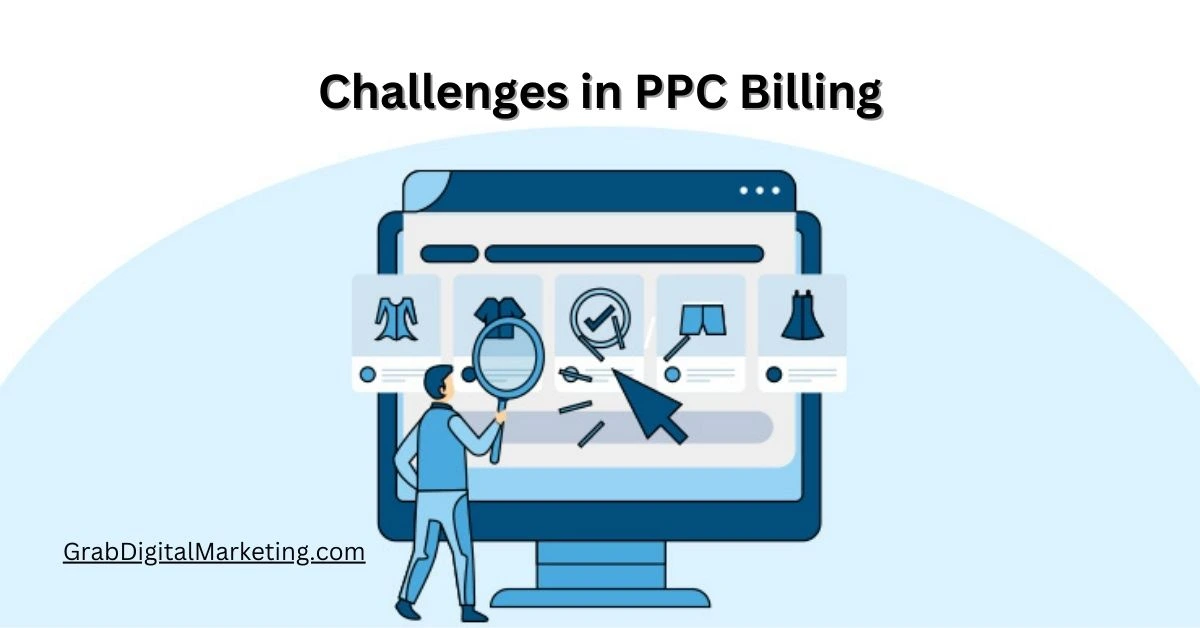
- Cost Management:
- While PPC can be cost-effective, poor campaign management can lead to overspending without yielding desirable results.
- Competition:
- Popular keywords can be expensive due to high competition, especially in industries like finance, real estate, and technology.
- Click Fraud:
- Instances of fraudulent clicks can inflate costs for advertisers, although many platforms have safeguards in place to detect and mitigate this.
- Complexity:
- Managing a PPC campaign involves understanding metrics, bidding strategies, ad formats, and audience behaviors, which can be daunting for beginners.
Types of PPC Billing Models
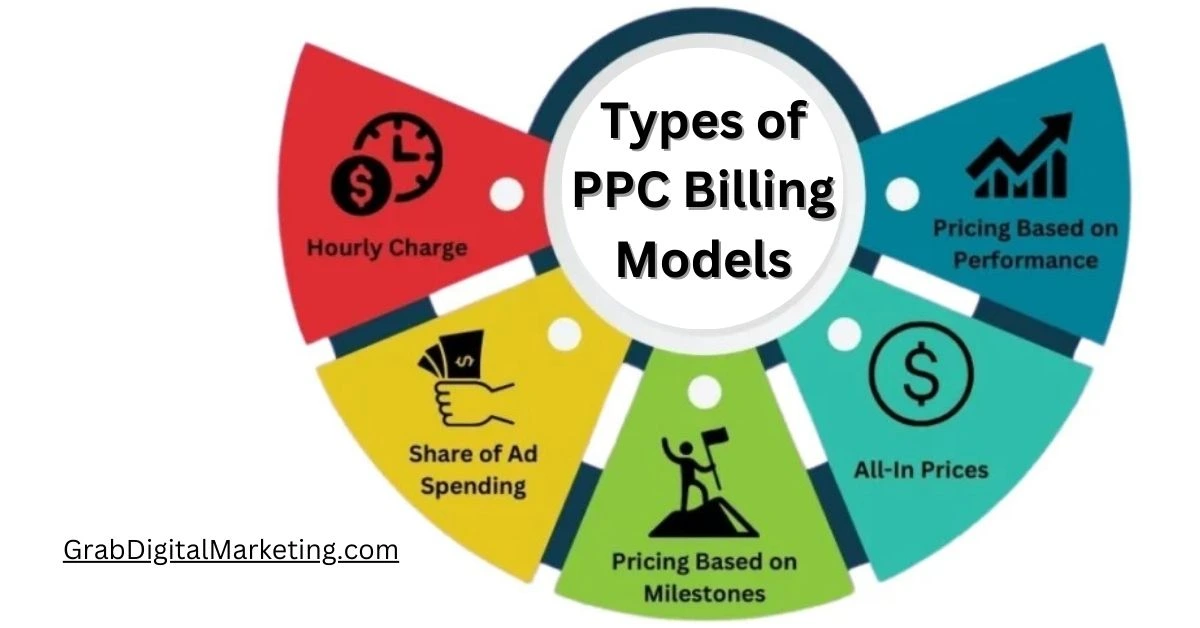
- Cost-Per-Click (CPC):
- Advertisers pay a fixed amount for each click. This is the most common billing model in PPC advertising.
- Cost-Per-Mille (CPM):
- Advertisers pay per thousand impressions. Though not strictly PPC, CPM is often used alongside it to measure visibility.
- Cost-Per-Acquisition (CPA):
- Advertisers pay only when a click leads to a specified action, such as a purchase or lead submission.
- Enhanced CPC (ECPC):
- A hybrid model that adjusts bids automatically based on the likelihood of conversion.
- Dynamic Search Ads:
- These ads generate automatically based on website content, with billing dependent on the clicks they receive.
Billing Platforms and Tools
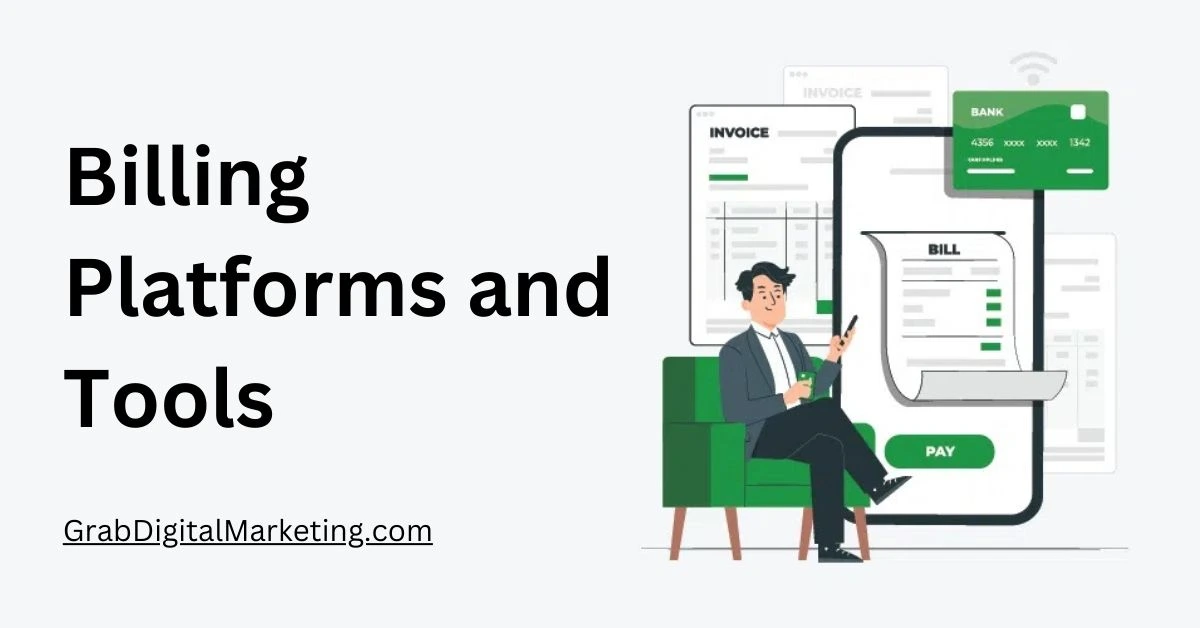
- Google Ads:
- The largest PPC platform, offering extensive tools for budgeting, tracking, and optimizing campaigns.
- Microsoft Ads (Bing Ads):
- A popular alternative with lower competition and potentially lower costs for certain keywords.
- Social Media Ads:
- Platforms like Facebook, Instagram, and LinkedIn allow PPC advertising with sophisticated targeting options.
- Third-Party Tools:
- Tools like SEMrush, Ahrefs, and SpyFu help advertisers analyze competitors, monitor campaigns, and refine strategies.
PPC Billing Strategy for Success
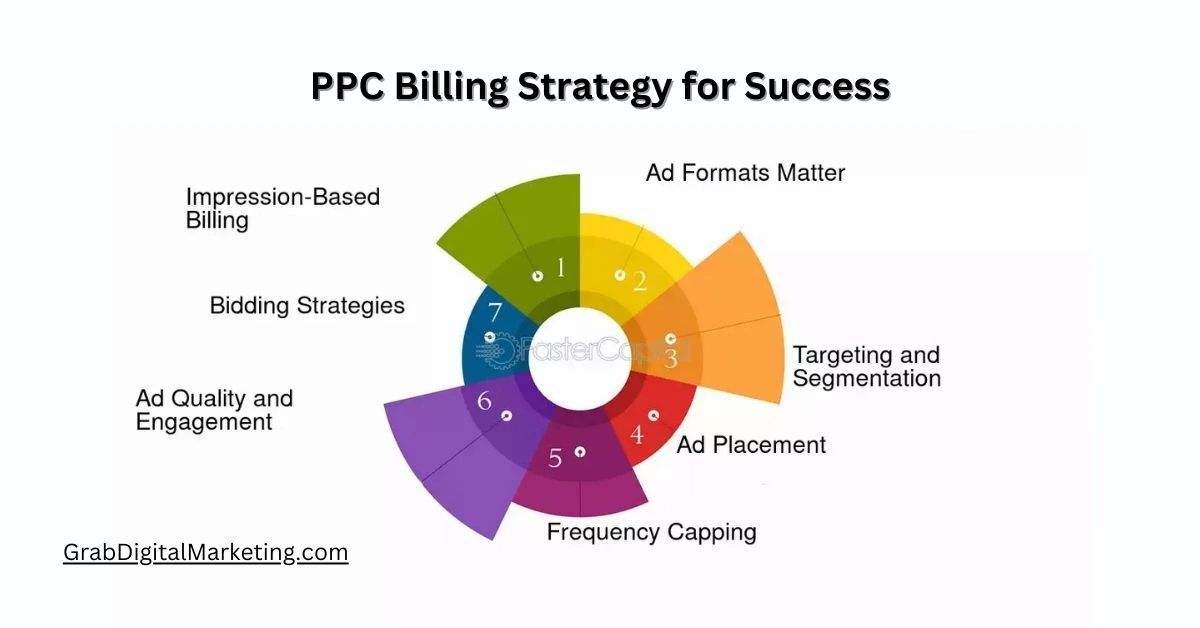
- Budget Allocation:
- Determine a clear budget based on goals, ensuring that the funds are distributed wisely across campaigns.
2. Keyword Research:
- Use tools like Google Keyword Planner to identify cost-effective, high-performing keywords.
3. A/B Testing:
- Experiment with different ad creatives, formats, and targeting criteria to optimize performance.
4. Monitoring and Analysis:
- Regularly review analytics to track metrics like CTR, CPC, and ROI. Adjust campaigns based on data insights.
5. Focus on Quality:
- High-quality ads with relevant content and optimized landing pages can improve Quality Scores and reduce CPC.
Future Trends in PPC Billing
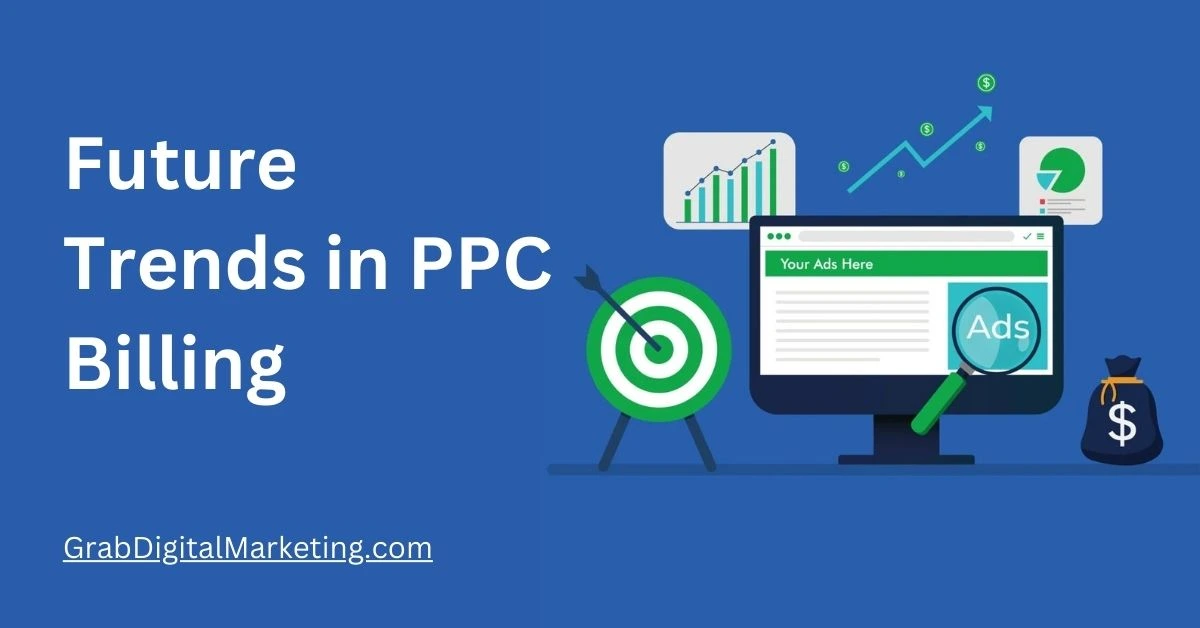
- AI and Automation:
- Machine learning is playing a growing role in optimizing bids and targeting criteria automatically.
2. Voice Search:
- As voice search becomes more popular, targeting conversational keywords will be crucial.
3. Integration with E-commerce:
- PPC platforms are increasingly integrating with e-commerce tools to streamline product advertising.
4. Cross-Device Attribution:
- Billing models will continue to evolve to account for the multi-device nature of modern consumer behavior.
Conclusion
PPC billing is a dynamic and impactful model that has revolutionized the way businesses approach online advertising. By understanding its components, strategies, and challenges, advertisers can effectively leverage PPC to achieve their marketing goals. While it requires continuous effort and adaptation, the potential rewards in terms of engagement and ROI make PPC billing a cornerstone of modern digital marketing.

